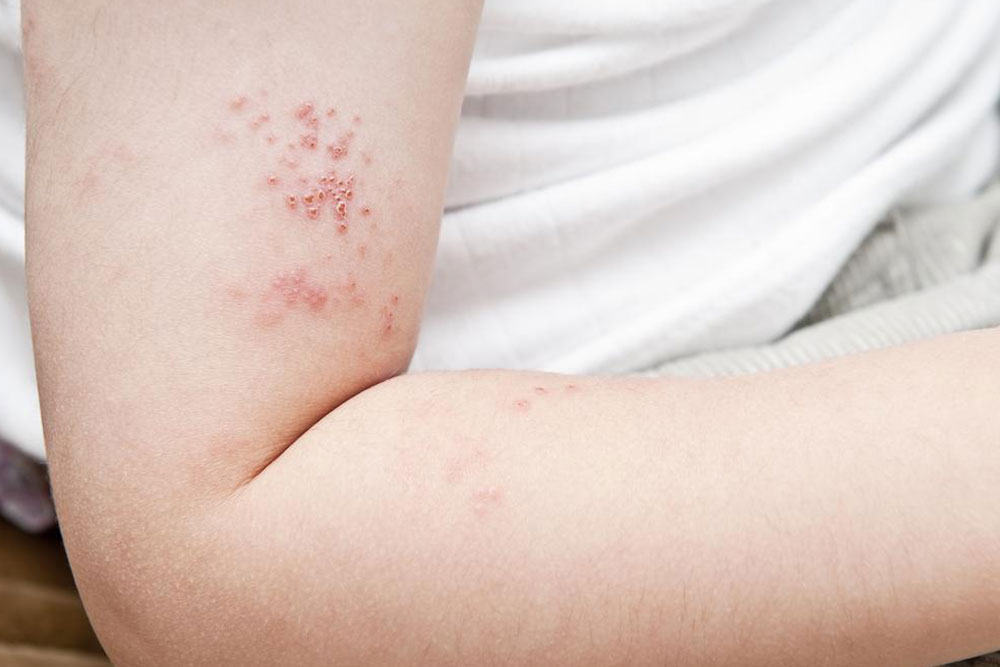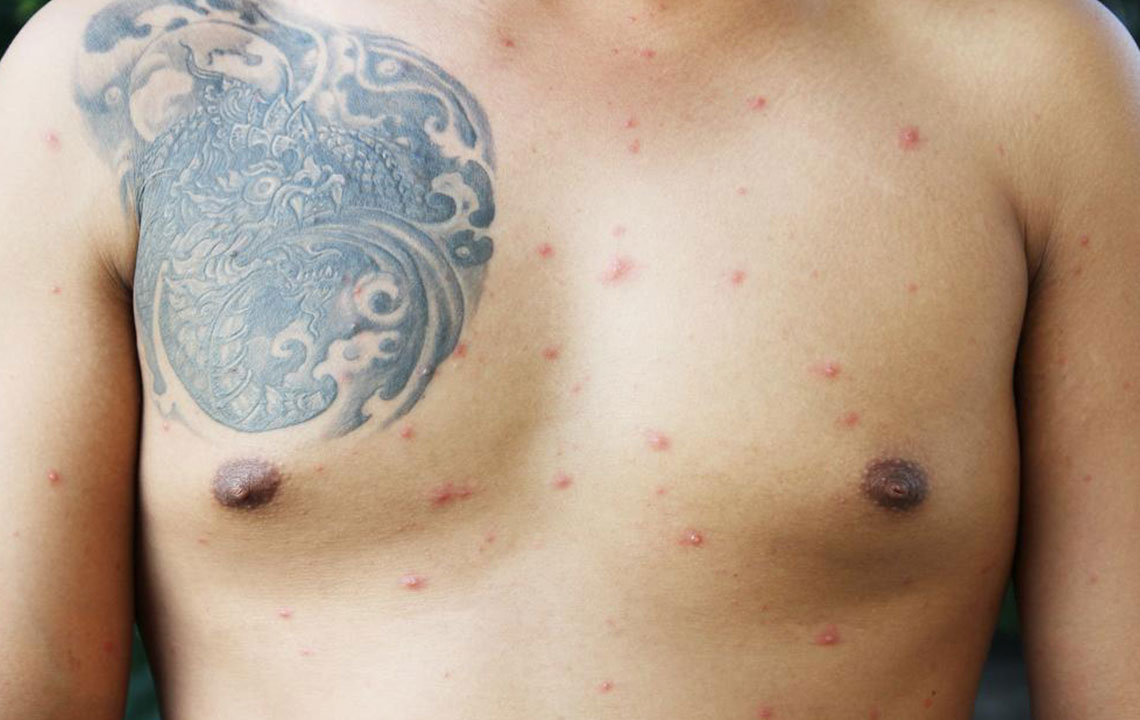Comprehensive Guide to Preventing Shingles Before Onset
This comprehensive guide provides effective strategies to prevent shingles, emphasizing vaccination, immune support, stress management, and hygiene. Learn how to minimize your risk of this painful reactivation of the Varicella zoster virus through practical advice and lifestyle choices tailored for adults, especially seniors. Protect your health with proven preventive measures and enjoy a pain-free, healthier life. Perfect for those with a history of chickenpox or at risk of weak immunity, this article offers essential tips to stay resilient against shingles.

Effective Strategies for Shingles Prevention Prior to Development
Shingles, medically known as herpes zoster, is a painful condition caused by the reactivation of the Varicella zoster virus—the same virus responsible for chickenpox. Once a person recovers from chickenpox, the virus doesn't leave the body; instead, it lies dormant in nerve tissues. Years or even decades later, the virus can reactivate, especially if the immune system weakens, leading to shingles. While shingles itself isn't usually fatal, it can cause significant discomfort, including intense nerve pain that can persist long after the rash clears. Therefore, understanding how to prevent shingles is essential, particularly for those with a history of chickenpox or weakened immunity. This guide explores practical, evidence-based measures to reduce your risk of developing shingles and maintain optimal health.
Although shingles isn't typically life-threatening, its associated pain and potential nerve complications can significantly impact quality of life. People who have had chickenpox are at risk of reactivation, especially with age or health issues. To prevent shingles, you should consider a combination of medical, lifestyle, and hygienic strategies. While contact with someone who has shingles won't cause shingles in healthy individuals, it can lead to chickenpox in those who have never had it. Thus, proactive measures are crucial for those at risk or wanting to secure their health against this painful condition. These strategies include vaccination, minimizing exposure to infected individuals, strengthening immune defenses, managing stress effectively, and maintaining good hygiene practices. Implementing these steps can substantially lower your chances of experiencing shingles and promote overall well-being.
Get Vaccinated for Shingles
The shingles vaccine, particularly the recombinant zoster vaccine (Shingrix), is highly recommended for adults aged 50 and above. The vaccine has been proven to significantly reduce the risk of developing shingles and its complications. It boosts your immune system's ability to keep the dormant virus in check, thereby preventing reactivation. For optimal protection, consult your healthcare provider about when to get vaccinated and whether it’s suitable for your health profile.
Limit Contact With Shingles or Chickenpox Infected Individuals
While direct contact with shingles lesions doesn't cause shingles in an already infected individual, it can transmit the virus, leading to chickenpox in people who haven't had it. To protect yourself, avoid close contact with individuals showing active shingles rash or chickenpox symptoms. This is especially important if you have a weakened immune system or are unsure of your immunity status. Taking precautions can help prevent both initial infection and reactivation.
Enhance Your Immune System Through Healthy Living
A strong immune system is your best defense against shingles. Maintain a balanced diet rich in fruits, vegetables, lean proteins, and whole grains to provide essential nutrients that support immune function. Regular physical activity can boost immunity, increase energy levels, and improve overall health. Routine check-ups help identify and manage underlying conditions that might compromise your immune defenses. Adequate sleep, staying hydrated, and avoiding smoking or excessive alcohol consumption are also vital habits to foster robust immunity.
Manage Stress to Reduce Shingles Risk
Chronic stress weakens the immune response, making your body more vulnerable to viral reactivation. Incorporate stress management techniques into your daily routine, such as mindfulness meditation, deep breathing exercises, yoga, or engaging in hobbies you enjoy. Adequate rest and social support also play crucial roles in keeping stress levels manageable. By maintaining mental well-being, you enhance your body’s ability to prevent shingles outbreaks.
Prioritize Good Hygiene and Environmental Cleanliness
Practicing proper hygiene reduces the risk of virus transmission and supports overall health. Wash your hands frequently with soap and water, especially after touching potentially contaminated surfaces or caring for infected individuals. Keep your living environment clean and disinfect commonly touched objects and surfaces regularly. Good hygiene not only minimizes virus spread but also maintains your skin’s health, reducing the likelihood of skin infections associated with shingles outbreaks.
In summary, preventing shingles involves a combination of medical interventions, lifestyle choices, and hygiene practices. Vaccination stands out as the most effective measure, significantly reducing the risk of reactivation in older adults. Coupled with immune-boosting habits, stress reduction, avoiding exposure, and proper hygiene, these strategies can help protect you from this painful and potentially debilitating condition. Staying proactive about your health is crucial, and consulting healthcare professionals for personalized advice will ensure you're taking the best steps toward shingles prevention.





